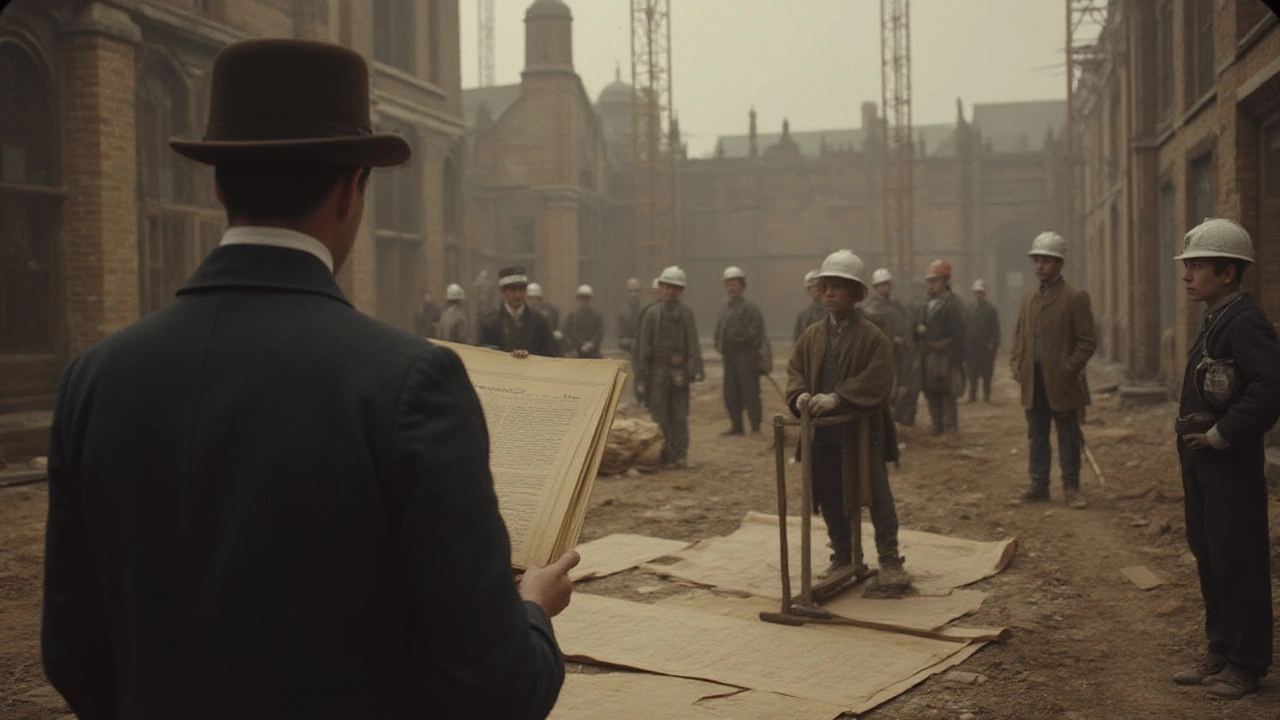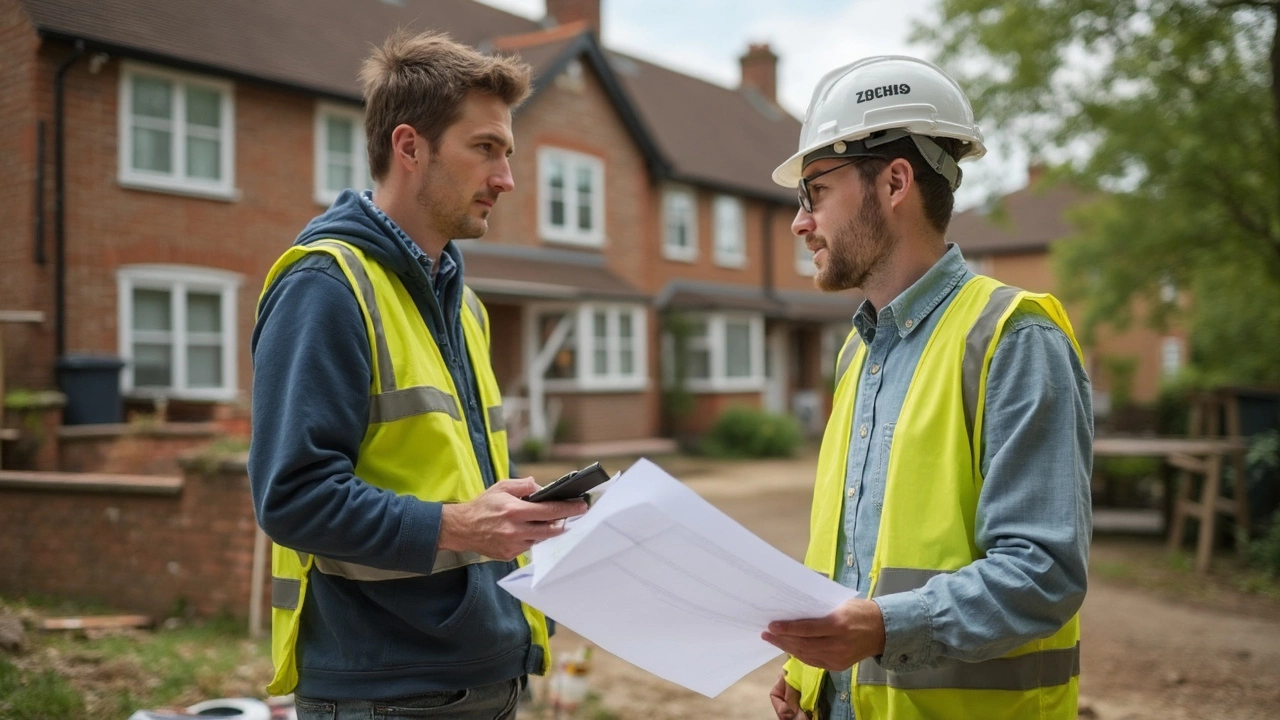Building Contractors Explained – What They Do and How to Choose the Right One
If you’re planning a conservatory, a garden room, or any home extension, chances are you’ll need a building contractor. But what exactly does a contractor do, and how can you be sure you’re hiring the right person? In this guide we strip away the jargon and give you the basics you need to feel confident from the first phone call to the final handover.
First off, a building contractor is the person or company that takes responsibility for turning a construction plan into reality. They coordinate the trades, order materials, manage the schedule, and make sure everything complies with local building codes. Think of them as the project manager who also rolls up their sleeves when needed.
Understanding their role is the first step to a smooth build. You’ll know when to ask the right questions, what paperwork to expect, and how to keep an eye on costs without micromanaging.
Key Responsibilities of a Building Contractor
1. Planning and Scheduling – The contractor turns the architect’s drawings into a day‑by‑day plan. They decide which trades work when, so the job moves forward without costly delays.
2. Hiring Sub‑contractors – Most builds involve electricians, plumbers, roofers, and more. The main contractor vets these specialists, checks their insurance, and makes sure they show up on time.
3. Materials Management – From bricks to windows, the contractor orders what’s needed and tracks deliveries. This avoids the nightmare of missing a key component mid‑project.
4. Budget Control – A good contractor gives you a clear quote, flags any changes, and explains why a price tweak might be needed. No hidden fees, just honest updates.
5. Health & Safety – They are legally required to keep the site safe. That means proper signage, protective gear, and regular safety checks.
6. Compliance – Building regulations can be confusing. The contractor files the necessary paperwork, arranges inspections, and ensures the finished work meets every rule.
Tips for Finding a Reputable Contractor
Start with a short list of local firms that have experience on projects similar to yours. A conservatory builder, for example, should have a portfolio of sunrooms or garden rooms.
Ask for references and actually call them. If a previous homeowner says the contractor disappeared after the first week, that’s a red flag.
Check credentials. In the UK, look for a valid CSCS card, insurance coverage, and membership in a trade association like the Federation of Master Builders.
Get a written quote that breaks down labour, materials, and any potential extras. Anything vague should be clarified before you sign.
Don’t ignore the ‘gut feeling’ test. If the contractor seems evasive about timelines or costs, keep searching. The right person will be open, responsive, and willing to explain their process in plain language.
Finally, keep a simple communication log. Note down who you spoke to, what was agreed, and when. A clear paper trail helps avoid misunderstandings later on.
By knowing what a building contractor actually does and following these practical steps, you’ll be far less likely to end up with a project that stalls or overruns. Whether you’re adding a sunroom, renovating a kitchen, or building a whole new extension, the right contractor can make the difference between a stress‑free build and a nightmarish ordeal.
Ready to start? Grab a shortlist, ask the right questions, and set a solid foundation for your next home improvement. Your future conservatory is just a few smart choices away.










